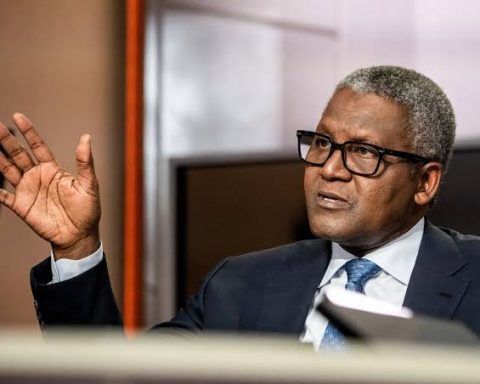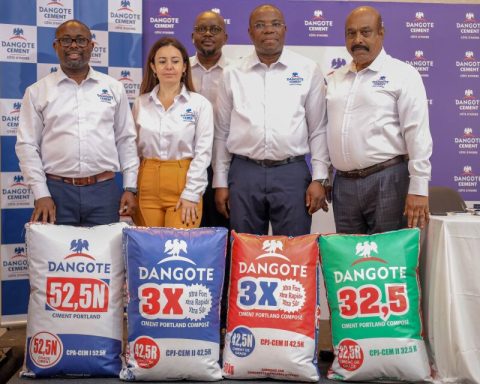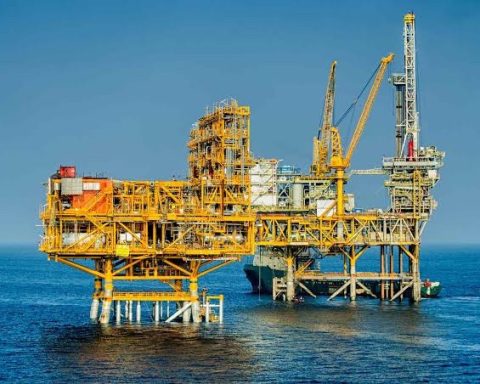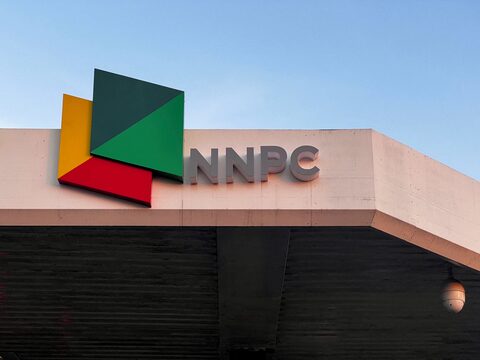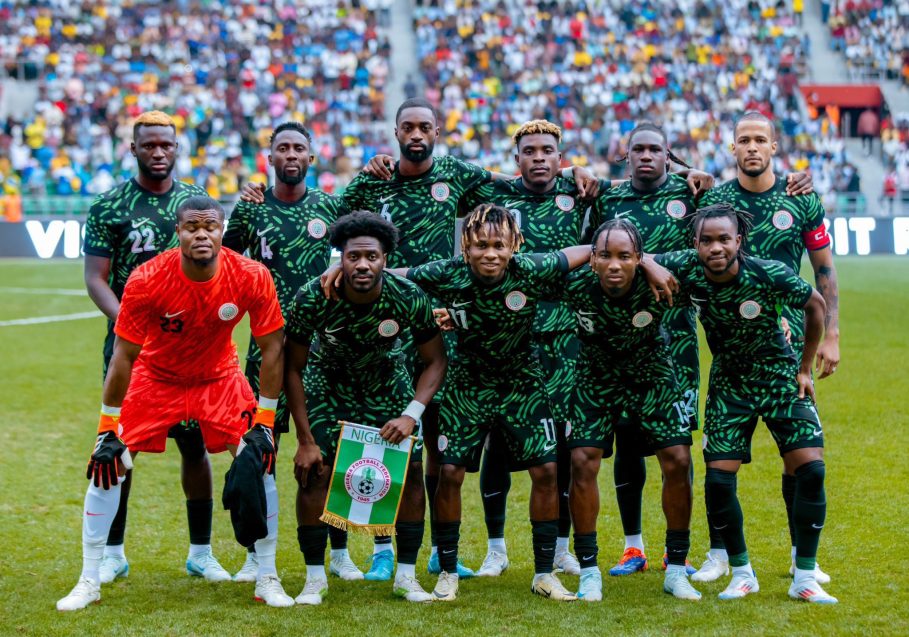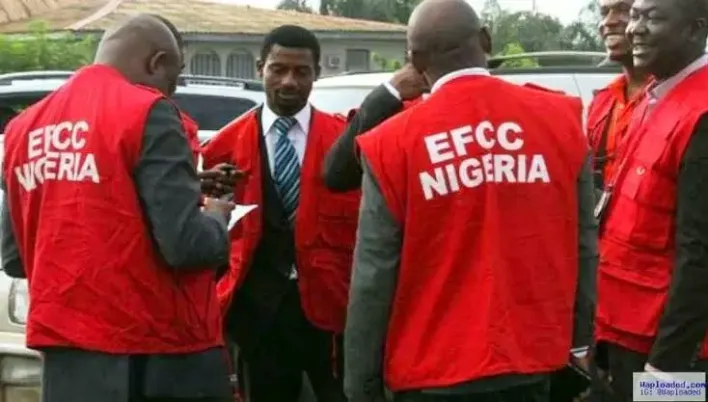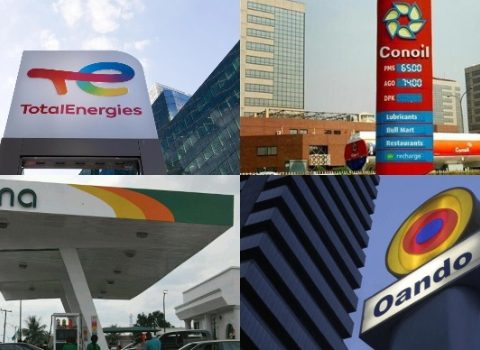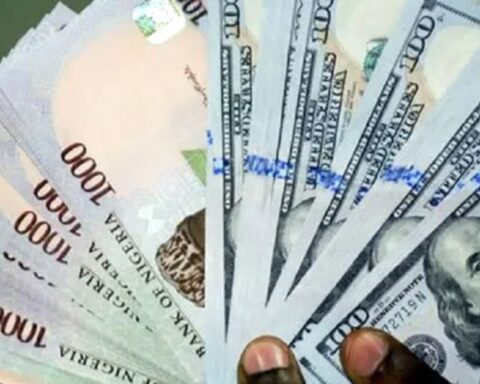Marketers Concerned Over Petrol Price Delay
Oil marketers in Nigeria are growing anxious about the delay in announcing the price of Premium Motor Spirit (PMS), commonly known as petrol, produced by the Dangote Petroleum Refinery.
With the current landing cost of imported petrol hitting an estimated N1,120 per litre, dealers fear a high price from the Dangote Refinery could lead to a surge in importation by marketers.
Join our WhatsApp ChannelA dealer from the Major Energy Marketers Association of Nigeria highlighted in July that the landing cost of PMS stood at N1,117 per litre, a figure that has since climbed. The landing cost refers to the price at which petrol arrives at Nigerian ports.
In July, petrol prices ranged from N600 to N700 per litre, but by last week, prices jumped to between N855 and N897 per litre, with some independent dealers selling at over N1,000 per litre.
Importation Considered Amid Rising Costs
The delay in setting the petrol price by Dangote Refinery has prompted marketers to explore alternative options, including engaging with foreign partners to begin importing PMS.
According to the National President of the Independent Petroleum Marketers Association of Nigeria (IPMAN), Abubakar Maigandi, discussions with international partners have intensified.
“We are in talks with our foreign partners to calculate the cost of importing petrol into Nigeria. If the landing cost turns out to be cheaper than the price from the Dangote refinery, we will definitely consider importation,” Maigandi explained.
READ ALSO: Petrol Price Rises By 158% In 1 Year, As Zamfara Residents Paid Highest In February 2024
The recent shift to a more open market system allows multiple players to import petrol, creating potential competition. Maigandi noted that the freedom to import petrol could ensure product availability and price competition. “With multiple importers, we can guarantee availability and foster competition, which could lead to lower prices,” he added.
Uncertainty Around Dangote’s Petrol Price
While the market awaits Dangote Refinery’s petrol price, an official from the Dangote Group hinted that Aliko Dangote, the group’s president, is committed to reducing fuel prices.
The official emphasised that Dangote’s nationalistic spirit and dedication to the masses would guide pricing decisions.
“Alhaji Dangote loves this country, and he is willing to make sacrifices for Nigerians. We’ve done it before with diesel, and we’ll do it again with petrol,” the source revealed.
Recalling previous efforts, the official stated, “When we started producing diesel, the price was around N1,700. We brought it down to N1,200, and later N950 before it rose again due to forex fluctuations.”
The source reiterated Dangote’s willingness to sell locally, regardless of the Nigerian National Petroleum Company Limited (NNPCL’s) stance. “We are going to sell locally, even if NNPCL doesn’t work with us. We’re ready to bend for the country,” the official said, stressing that the Dangote Group is committed to providing high-quality PMS.
NNPC’s Stance on Dangote PMS
While Dangote is prepared to sell petrol locally, the NNPCL has made it clear that it will not purchase from the refinery unless the price is lower than international market rates. In a statement, NNPCL’s spokesperson, Olufemi Soneye, clarified, “The NNPC will only fully off-take PMS from Dangote Refinery if the price is lower than the global market.”
This statement contradicts earlier claims by Dangote officials, who had indicated that the refinery was waiting for the NNPCL to roll out its product. The NNPCL’s stance signals a reluctance to abandon petrol importation, despite high costs.
Soneye’s statement also indicated that the NNPCL is open to the refinery selling to any willing buyer. “Any domestic refinery, including Dangote, can sell to marketers on a willing buyer, willing seller basis. There is no need for NNPC to act as the sole distributor,” he stated.
Dangote Ready for Local Sales Despite NNPCL Dispute
The Dangote Group official hinted that despite the NNPC’s stance, the refinery will move ahead with sales plans. “We are ‘talk and do’. Once we talk, we make it happen,” the source remarked, suggesting that Dangote might not wait for the NNPCL to act before selling petrol locally.
The delay in reaching an agreement with the NNPCL could prolong the current reliance on petrol imports, which costs Nigeria over N2 trillion per month. For now, marketers and consumers remain in limbo as they wait for the refinery to release its much-anticipated petrol price.
Impact on Nigeria’s Petrol Market
As the NNPCL continues to import petrol, the country faces mounting costs and potential fuel scarcity. The prolonged delay in fixing petrol prices at the Dangote Refinery could see marketers opting for imports if foreign alternatives are more affordable.
“We are waiting on Dangote, but if the prices are too high, we’ll definitely look elsewhere,” Maigandi reiterated.
Meanwhile, consumers bear the brunt of the rising costs, with some petrol stations already selling at N1,000 per litre. With the uncertainty surrounding Dangote’s petrol price and the NNPCL’s focus on international markets, the next few months could shape the future of Nigeria’s petrol pricing landscape.
In the coming weeks, both marketers and consumers will be closely watching the ongoing discussions between Dangote and the NNPCL, as any decision made will have significant implications for the country’s petrol supply and cost.
Until then, the question remains: will Dangote’s petrol price bring relief, or will Nigerians continue to face rising import costs?



